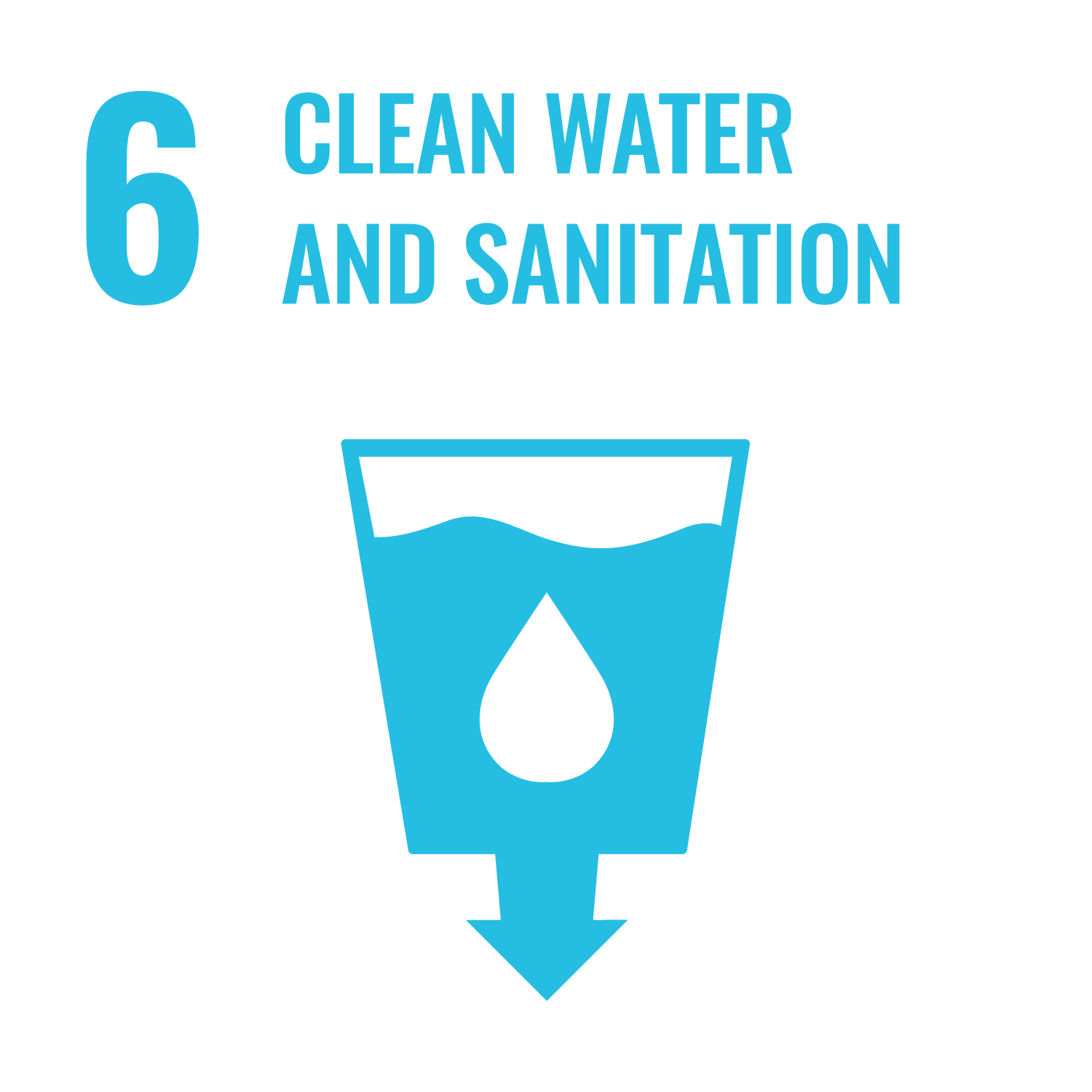NEWS
A Thesis at the University of Bahrain Proves the Possibility of Generating Water from Condensation of Underground Air

Sakhir – University of Bahrain (Ali Al Sabbaq)
January 23, 2022
A scientific study at the University of Bahrain concluded that it is possible to generate water in Bahrain by condensing air underground.
The study was conducted by Yousef Ahmed Al-Alawi, master’s student in renewable energy engineering program at the University of Bahrain. It is the first study in this program offered by the College of Engineering.
Al Alawi’s dissertation was titled, “Feasibility of an off-grid PV-powered air-to-water generation system by underground condensation in Bahrain.”
Al-Alawi used the simulation method through the “COMS” program, employing an air-to-water generator (AWG) device, which pushes warm, humid air from the earth’s surface into a cooler depth, reaching the dew point where the air condenses and turns into water.
The study examined the change of temperature at a low depth of the earth’s surface throughout the year, the effectiveness of the device for generating water from the air, and the possible amount of water that can be produced. It concluded that the temperature remains the same at a depth of about six meters inside the earth’s surface, and that it is possible to produce 29 liters of water through a miniature model.
Regarding the importance of his study, Al-Alawi said, “This study is the beginning to future studies on changing the underground temperature to generate water from a self-functioning device in an effective and sustainable manner.” He stressed that “Many countries that suffer from water scarcity such as some African countries shall make use of such devices.”
The examination committee consisted of the faculty member at the Department of Electrical and Electronics Engineering, College of Engineering, University of Bahrain, Dr. Muammar Talib, the faculty member at the Department of Mechanical Engineering at College of Engineering, University of Bahrain, Dr. Omar Abdulaziz Al-Abbasi, as supervisors, and the faculty member at the Department of Mechanical Engineering, Prof. Ahmed Yousef Abdullah, as an internal examiner, and the faculty member at King Fahd University of Petroleum and Minerals in Saudi Arabia, Prof. Mohammad Abdul Karim Antar as an external examiner.
















